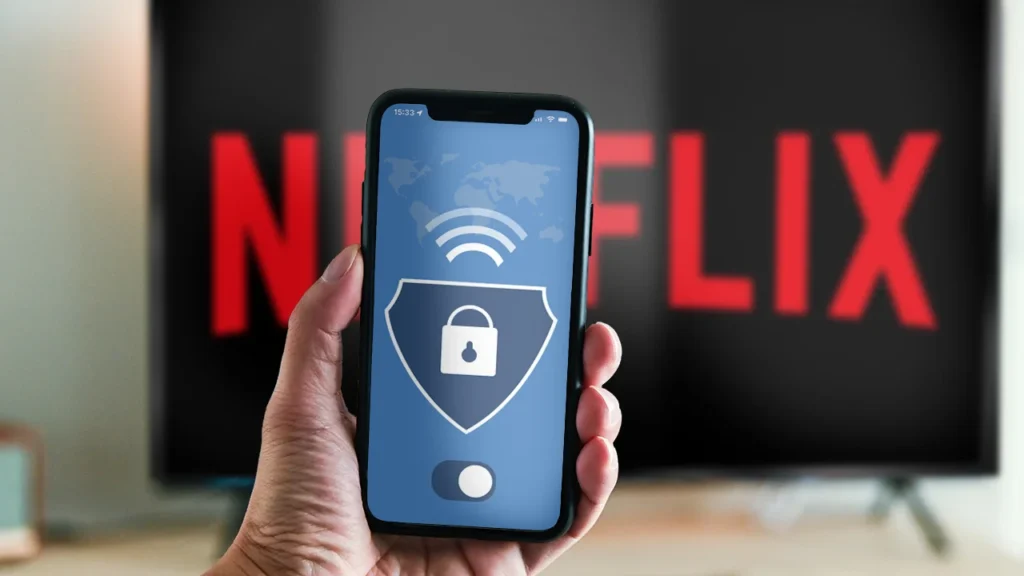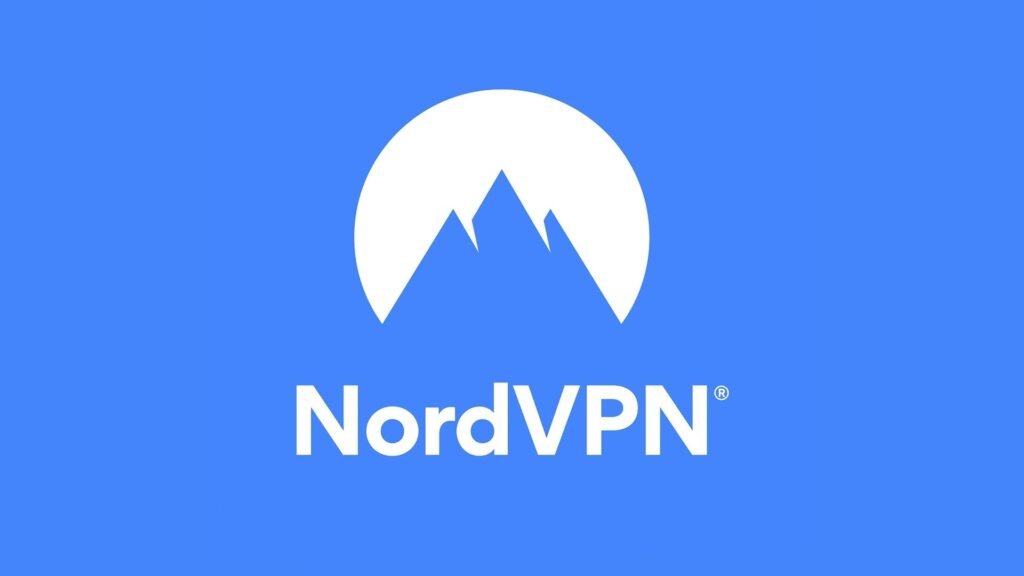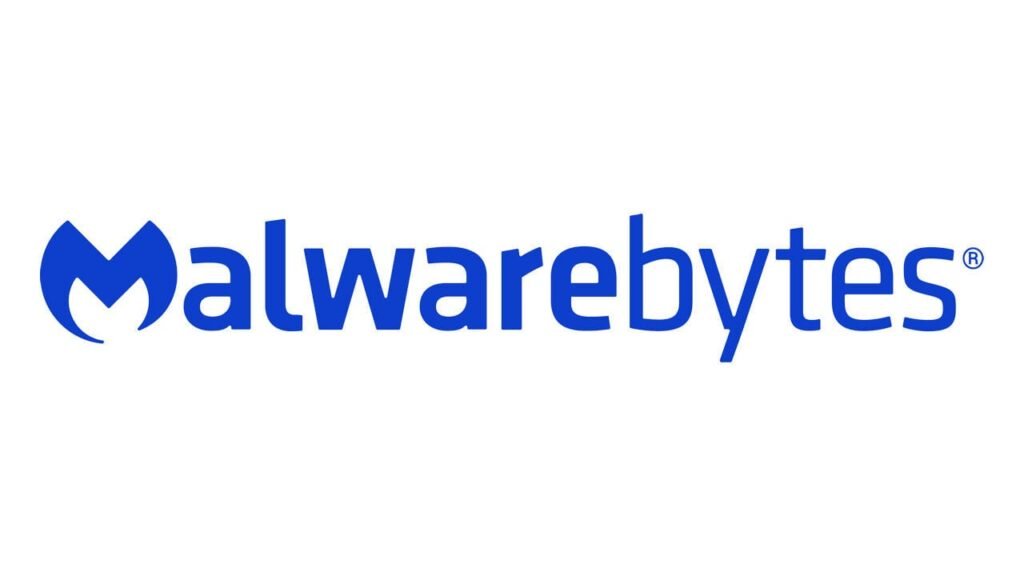Did you know over 60% of Netflix's content is blocked by geo-location? This limits what you can watch based on where you are. Big names like Netflix, Amazon Prime, and YouTube do this to follow the law and protect copyrights12. So, many people can't watch their favorite shows or movies from other places. But, you can get around these blocks with a Virtual Private Network (VPN). This way, you can enjoy more content and keep your online activities private.
This article will show you how to use a VPN to watch blocked content. You'll learn about geo-blocking, how it works, and the legal and practical sides of VPNs. Plus, you'll get tips to make the most of your VPN for unlimited access.
Key Takeaways
- • Geo-blocking limits access to content based on your location.
- • Using a VPN can help you access region-restricted services and websites.
- • Popular VPN services include NordVPN, ExpressVPN, and Surfshark.
- • Ensuring privacy while using a VPN strengthens your online security.
- • Bypassing geo-blocking is often legal but may breach service terms.
Understanding Geo-Blocking
In today's digital world, geo-blocking is a common way to control who can see online content. It's important to know how geo-blocking works to deal with online restrictions. This method stops people from seeing certain content based on where they are.
What is Geo-Blocking?
Geo-blocking means blocking access to online stuff based on where you are. Companies use it to follow copyright rules and keep content in certain areas3. Some governments also block information that goes against their views3.
How Does Geo-Blocking Work?
Geo-blocking checks your IP address to see where you are. Your device gets an IP address from your internet provider, showing your location3. When you try to get to a website, your IP is checked against a list. If you're in a blocked area, you might see messages saying the content isn't for you.
Geo-blocking can limit what you can see online, leading to unfair access and privacy issues4. VPNs can help by hiding your IP address4. Knowing how geo-blocking works helps you find ways around these blocks.
Why Do Online Services Implement Geo-Blocking?
Online services use geo-blocking for legal reasons and to control markets. It helps them follow copyright rules and licensing agreements. For example, Netflix and Hulu have different content in each region to meet these laws5.
Copyright and Licensing Restrictions
Geo-blocking is also about following copyright and licensing rules. Each area has its own rules for streaming content. This means some movies or shows are only available in certain places6.
Regional Regulations and Compliance
Following local laws is another big reason for geo-blocking. Countries have different rules for online content. This means some sites might not work in certain places to follow these laws56.
Common Scenarios Where You Encounter Geo-Blocking
Geo-blocking can impact your online life in many ways. It affects streaming services, online shopping, and social media. Knowing about these areas helps you deal with streaming limits, Netflix rules, and Hulu problems.
Streaming Services
When you try to watch Netflix, Hulu, Disney+, or Amazon Prime, you might hit streaming geo-restrictions. These services have different shows and movies for different places. This is because of licensing deals and market rules, so you might not see your favorite shows when traveling7. Music services like Spotify also block certain songs based on where you are7.
Online Shopping Restrictions
Online shopping can be tough if you're from another country. Many websites block sales to certain areas because of laws7. This can be frustrating, as you can't buy some items just because of where you live.
Social Media Access Limitations
Social media is also affected by geo-blocking. In places like China or the UAE, sites like WhatsApp or Twitter are banned. This makes it hard to talk to others and share ideas, especially in places where information is closely watched7.
These issues show how tough it can be with geo-blocking around. It affects how we enjoy, shop, and connect online. Knowing about these limits helps us make better choices online.
Getting to know geo-restricted networks can really improve your online time. It helps you deal with internet rules and area limits89.
How Does a VPN Bypass Geo-Blocking?
Using a VPN is a great way to get around geo-blocking. It hides your real IP address with IP masking. This makes it look like you're in a different place. So, you can access content that's not available in your area.
IP Masking and Location Spoofing
IP masking is key to fooling geo-blocks. Your IP address is tied to your router and shows where you are online. A VPN hides your IP, letting you bypass location limits easily. Services like ExpressVPN, SurfShark, and NordVPN are great at this, hiding your IP and sending your traffic to different places10. This has changed how we access blocked content.
Encryption for Secure Browsing
Another big plus of VPNs is data encryption. It helps you avoid geo-blocking and keeps your online life private. But, free VPN apps often lack security, with some even having malware or leaking personal info11. Good VPNs, however, use strong encryption to protect your data, especially in places with strict surveillance.
Using a VPN to get past geo-blocks is usually okay. But, it's important to know the rules of streaming services. Breaking these can get you in trouble12. When picking a VPN, look for features like a kill switch and DNS leak protection. These ensure you stay safe and private online.
How to Use a VPN to Access Geo-Blocked Content
To get past geo-blocks, using a VPN is key. Pick a trustworthy VPN service to dodge location-based restrictions. A good service boosts your privacy and lets you quickly get to your content.
Choosing the Right VPN Service
Choosing a strong VPN service is vital for unlocking geo-blocks. Go for top names like NordVPN, ExpressVPN, or Surfshark. They're great at getting past geo-blocks and keep your data safe. Look at server locations, speed, and user feedback to pick the best VPN.
Installing and Setting Up Your VPN
After picking a VPN, the next step is easy installation. Just follow the setup guide for your system for VPN installation. Make sure you get everything right to keep your data safe and fast.
Connecting to a Server in the Desired Location
After installing, open your VPN app and connect to a server in the country you want. For U.S. Netflix while abroad, just pick a U.S. server. This is crucial for getting to content meant for specific locations.
Using VPNs changes how you browse online. It lets you watch content from different places while keeping your info safe113.
Tips for Using a VPN Effectively
To get the most out of your VPN, follow some key steps. Whether you're watching geo-blocked content or just browsing safely, these tips will help. They'll make your experience better and more enjoyable.
Clearing Cache and Cookies
It's important to clear cache and cookies often. This action gets rid of stored data that might show where you are. It helps avoid geo-block errors when you reconnect to a service. Keeping your browser data in check is key to staying private and getting the most from your VPN.
Choosing Optimal VPN Servers
Picking the right server is crucial for a great VPN experience. Look for servers that are best for what you want to do online. Many VPNs have Optimal VPN servers for streaming, which can make your connection faster and more reliable. Choosing wisely can cut down on buffering and make your media experience better.

| Tip | Description |
|---|---|
| Clear Cache | Removes stored data that may reveal your original location, which helps prevent geo-block errors. |
| Browser Data Management | Regularly managing your browser data enhances privacy and VPN performance. |
| Optimal VPN Servers | Choose servers optimized for specific content for better connection speeds. |
| Server Selection | Selecting the right server significantly impacts performance and access reliability. |
By following these VPN performance tips, you can have a better online experience. Adjust your settings as needed to keep up with changes in content and network conditions14.
Understanding the Limitations of Free VPNs
Free VPN services are tempting, but they come with big free VPN limitations. They can slow down your internet and limit how much you can use. With fewer servers, you might lose your connection often, ruining your online time.
Performance Issues with Free VPNs
Free VPNs often slow down your internet. This is because they have limited bandwidth. It can make streaming and downloading very slow.
Research shows that free VPNs can really slow down your internet. This is a big problem for people who use a lot of data15.
Security Risks Associated with Free Services
Free services can be risky. Many free VPNs don't have strong security. This means you could face malware and phishing attacks.
Studies reveal that over 30% of free VPN apps have malware. This is a huge concern for your data safety16.
So, while free VPNs might seem appealing, the risks are real. It's important to think carefully before using them for privacy and security.
Legal Implications of Using a VPN for Geo-Blocked Content
The legal implications of using a VPN to access geo-blocked content vary by country. Most countries allow VPN use to protect online privacy and avoid tracking. But, some actions like hacking or cyberbullying can still get you in trouble, even with a VPN17.
In places like China, Russia, North Korea, and Belarus, using a VPN is against the law18. Many people wonder if they have the right to access geo-restricted content, especially on streaming services.
While watching Netflix is usually okay, trying to access illegal content with a VPN is not19. In the U.S., Canada, and Europe, VPNs are mostly legal for safe browsing and work18. But, in places like Turkey and the UAE, trying to get around government rules can lead to fines or jail19.
It's smart to check your local laws on VPN use often. Make sure your online actions match both the legal implications and the streaming service's rules. Staying within legal bounds is key for a smooth experience with geo-restricted content.
Other Methods to Bypass Geo-Blocking
Using a VPN is popular, but there are other ways to get around geo-blocking. These methods make it easy to access content that's not available in your area.
Proxy Servers and Tor
Proxy servers hide your location by sending your internet traffic through a remote server. They're good for quick access to blocked sites. But, they don't offer the same security and privacy as VPNs20.
The Tor browser adds an extra layer of privacy. It sends your traffic through many servers, making it hard to track you21. However, using Tor can slow down your internet, which might be a problem for streaming21.
Smart DNS Services
Smart DNS services are another way to bypass geo-blocking. They change your DNS queries to let you access restricted content. This method doesn't encrypt your traffic21.
Smart DNS might be faster for streaming than VPNs. But, it doesn't protect your online safety as well. This makes it less suitable for those who value security20.
Additional Benefits of Using a VPN
Using a VPN gives you more than just access to blocked content. It also boosts your online privacy with 256-bit encryption. This strong encryption keeps your personal data safe from unwanted eyes. It's crucial in today's digital world22.
This encryption not only guards your data but also hides your online activities. It stops ISPs and advertisers from tracking you. This adds a layer of anonymity online.
Enhanced Online Privacy
A VPN lets you stay anonymous online. It hides your IP address, making it hard for others to track you. This boosts your data protection23.
It also protects you from data breaches and hacking. This makes browsing safer for everyone.
Protection from Internet Censorship
In places with strict internet censorship, VPNs are key. They help users get around local restrictions. This lets people access information freely and fight for their rights22.
With a VPN, you can freely use online platforms. This creates a safer and more open digital space.
Remote Access to Personal Networks
VPNs also let you access your personal networks from anywhere. This is great for those who travel or work remotely. It keeps your files and devices safe23.
It lets you stay productive while keeping your data secure. You can connect to your home network safely.

In short, VPNs do more than just unblock content. They offer privacy, protection from censorship, and remote network access. These benefits make VPNs a smart choice for anyone online2223.
Conclusion
Using a VPN is a great way to get around geo-blocks. It lets you enjoy online freedom while keeping your privacy and security safe. With many streaming services like Netflix, Hulu, and BBC iPlayer available worldwide, VPNs are very useful. They give you access to content that might not be available in your area.
When you're online, knowing about geo-blocking and using a good VPN service helps a lot. Look at things like server locations, speed, and privacy policies when picking a service. These things help make your browsing better and keep your info safe.
In today's fast-changing digital world, learning about VPNs is important. It helps make the internet safer and lets you easily get to your favorite content. By choosing wisely, you can have a better online experience. The key to freedom and privacy online starts with the right VPN service2425.




